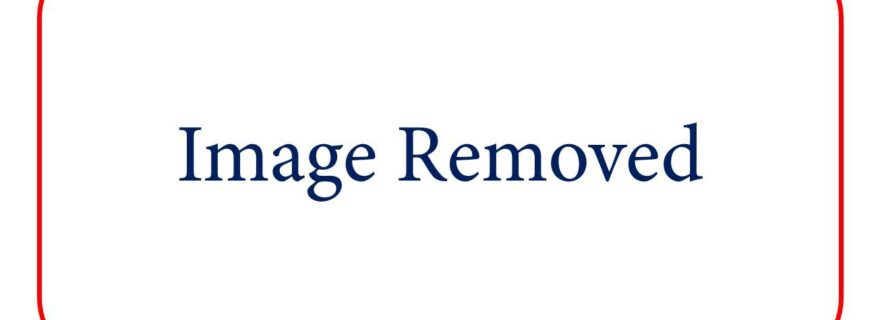Keeping NATO relevant: From Russia with love
Many people have questioned the relevance of NATO in the post-Cold War era. However, the recent crisis in Ukraine seemed to have turned the picture upside down. Can Russia be credited for solving the legitimacy problem of NATO?
Last Monday, 16 June, Jamie Shea, Deputy Assistant Secretary General for Emerging Security Challenges from NATO Headquarters in Brussels visited Leiden University – Campus The Hague. His visit – together with Walter Kaffenberger from the Public Diplomacy Division – was part of the “NATO Week” of the MOOC The Changing Global Order, an online course on International Relations taught by Prof. dr. Madeleine Hosli with more than 30,000 enrolled students.
The central theme of this NATO week and the keynote speech by Jamie Shea was dedicated to NATO in a changing world. Many people have questioned the relevance of NATO in the post-Cold War era as (conventional) military threats to Europe and the United States seemed to have faded after the collapse of the Warsaw Pact and the Soviet Union.
As explained by Leiden University professor Rob de Wijk in one of the lectures of the MOOC, NATO transformed from a traditional alliance for collective defense to a global cooperative security provider. The International Security Assistance Force (ISAF), the NATO-led security mission in Afghanistan that commenced in December 2001 is the best-known example of this. The changing international landscape inspired Shea to write an article titled “Keeping NATO relevant” in April 2012. In this article, Shea argues that NATO faces a strategic dilemma resulting from the absence of a sense of threats to Europe. The way forward for NATO, according to Shea, would be to be able to timely and adequately respond to the ‘twenty-first century’s security challenges’, in other words: cyber warfare, terrorism and piracy.
However, the recent crisis in Ukraine seems to have turned the picture upside down. Again, a military threat to Eastern Europe is on top of the agenda. Relations between NATO and Russia have clearly deteriorated, being reflected in the statement of Russian Foreign Ministry spokesperson Alexander Lukashevich in April this year, when he said that “(t)he language of the statements [of NATO] rather resembles the verbal jousting of the 'Cold War' era". Last week, Anders Fogh Rasmussen, NATO’s Secretary General, stated that "(w)e must adapt to the fact that Russia now considers us its adversary”.
Thus, on top of addressing “emerging security challenges” such as (cyber) terrorism, NATO must again reconsider its response to “conventional security challenges” that are still part of international relations in 2014. In that sense, cynics might argue that Russia can be partially credited for solving the legitimacy problem that NATO had been facing over the last years.


